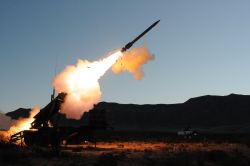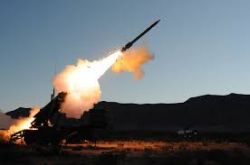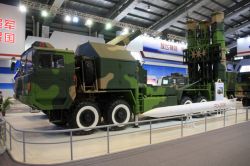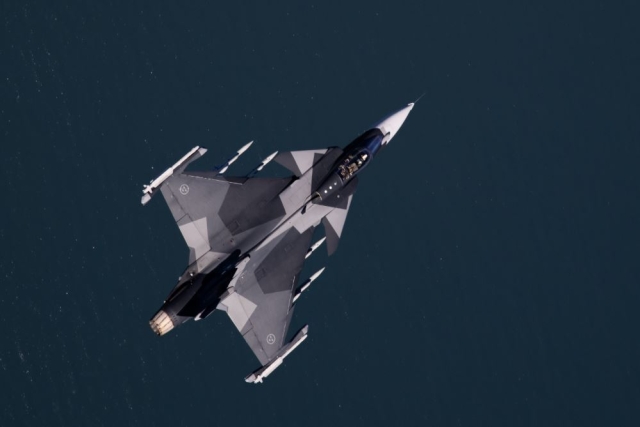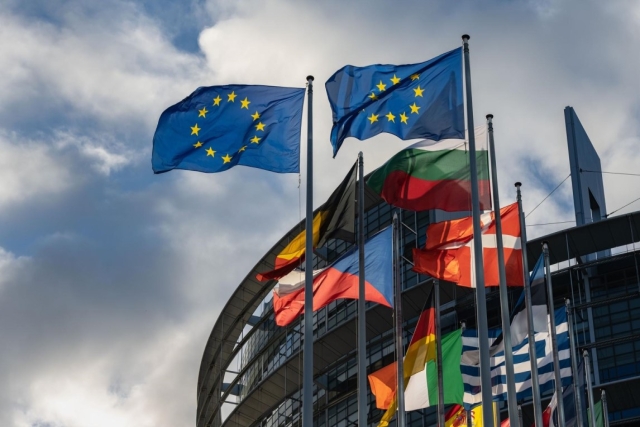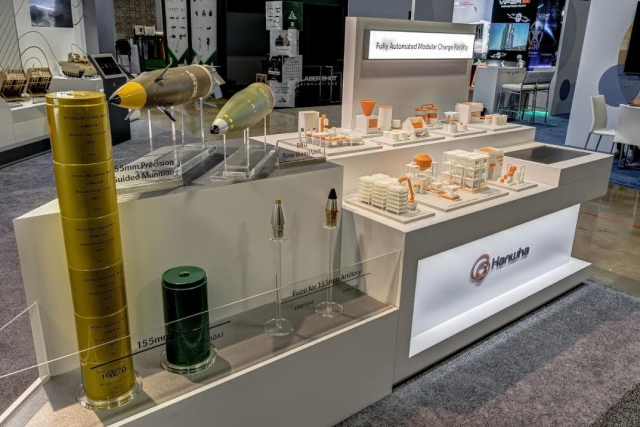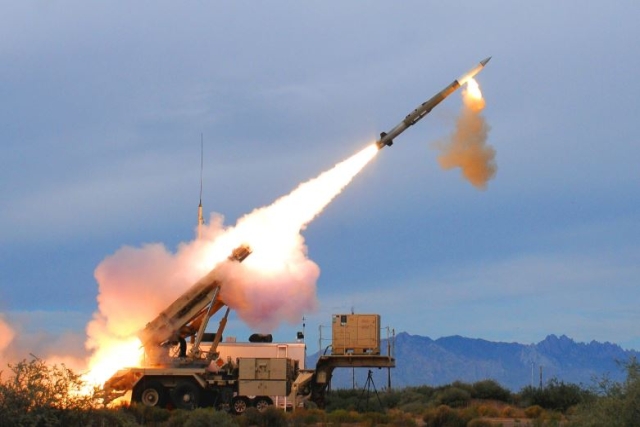Chinese FD-2000 Anti-Missile System Attracts Huge Attention at DSA 2014
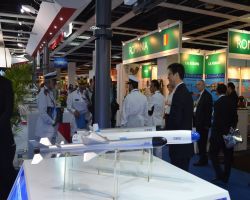
The Chinese FD-2000 anti-missile system has become the cynosure of senior military officials visiting the Defence Services Asia exhibition in Kuala Lumpur. The missile system gained prominence after winning an international tender in Turkey last year.
Turkey is currently in talks with China Precision Machinery Import and Export Corp (CPMIEC) in a contract that could potentially be worth $4 billion.
Chinese sources told defenseworld.net at the sidelines of the DSA 2014 show in Kuala Lumpur, Malaysia that the FD-2000 is gaining popularity largely because of its low costs.
The FD-2000 beat Raytheon’s Patriot to win the contract in September 2014 and the sale has since garnered not only protests from NATO and its allies but also brought attention to the US’ sanctions against the firm for violations of the Iran, North Korea and Syria Nonproliferation Act.
The FD-2000, a third generation medium-and-high altitude, medium-and-long range air-defense system, made its first public appearance at the Africa Aerospace and Defence Exhibition in 2009. It is also capable of carrying out all-weather air-defense operations.
The missile is capable of intercepting precision-guided weapons as well as UAVs, helicopters and fighter aircraft. Its anti-radiation variant, the FT-2000, is currently undergoing completion. Its naval version, the HQ-9, is based on the Russian S300-V.
Raytheon calls its Patriot missiles “the world’s most advanced air and missile defense system” with over “200 fire units fielded worldwide.” The Patriot is a long-range, high-altitude, all-weather system and the systems integrator for the PAC-3 missile.
All Patriot system components provide the warfighter a reliable and lethal capability to defeat advanced threats, including aircraft, tactical ballistic missiles, cruise missiles and UAVs in current and future operational combat environments, according to the company.
